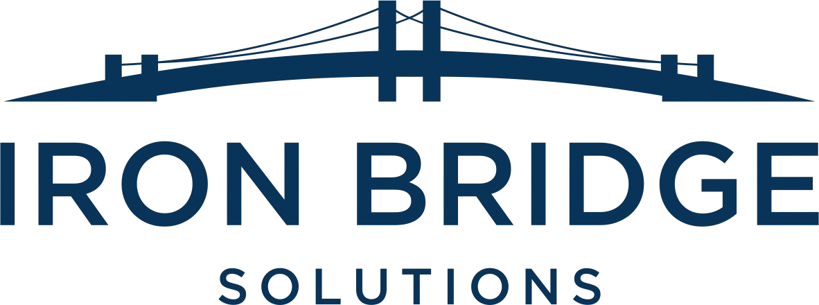Every business owner wants to minimize their tax burden, yet many overlook key deductions that could save them thousands of dollars. Proper tax planning ensures that you take advantage of every available deduction, improving cash flow and maximizing profitability. Here are some often-missed tax deductions that business owners should consider.
1. Home Office Deduction
If you use a portion of your home exclusively for business, you may qualify for the home office deduction.
✅ Deduct a percentage of your rent/mortgage, utilities, and maintenance costs.
✅ The space must be used regularly and exclusively for business.
2. Business Use of Your Vehicle
Do you use your car for business-related activities? If so, you can deduct expenses related to business travel.
🚗 Mileage Deduction – The IRS allows a standard mileage rate per business mile driven.
🚗 Actual Expense Deduction – Deduct gas, maintenance, insurance, and depreciation related to business use.
Pro Tip: Keep detailed records of business trips to substantiate your claims.
3. Startup and Organizational Costs
Many new business owners don’t realize they can deduct up to $5,000 in startup costs and $5,000 in organizational expenses in the first year of operations. These costs include:
💡 Market research
💡 Business registration fees
💡 Legal and consulting fees
4. Marketing and Advertising Costs
Any expense related to promoting your business is deductible. This includes:
📢 Website development and hosting fees
📢 Social media and digital advertising
📢 Business cards, flyers, and promotional materials
5. Professional Development and Education
If you take courses, attend industry conferences, or purchase business-related books, these expenses are fully deductible. This applies as long as the education maintains or improves your skills in your current profession.
6. Health Insurance Premiums
If you’re self-employed and pay for your own health insurance, you can deduct 100% of your premiums for yourself, your spouse, and dependents.
7. Retirement Plan Contributions
Contributing to a retirement plan (such as a SEP IRA, SIMPLE IRA, or Solo 401(k)) allows you to reduce your taxable income while saving for the future. Business owners often miss out on this powerful tax-saving strategy.
8. Bad Debts
If a client fails to pay an invoice, you may be able to write off the bad debt as a business expense. This applies to businesses that use the accrual accounting method rather than cash accounting.
9. Software and Subscriptions
Do you pay for accounting software, cloud storage, or industry-specific tools? These recurring expenses are tax-deductible and should not be overlooked.
10. Outsourced CFO and Financial Services
If you hire a tax strategist or outsourced CFO service (such as Iron Bridge Solutions), the cost of these professional services is fully deductible. A financial expert helps optimize your tax strategy while ensuring compliance with tax laws.


